Sexes DefinitionDefinition of sexes Medical describes how people are scientifically classified as male or female based on biological traits like chromosomes, hormones, and reproductive systems. This binary classification is frequently applied to diagnose, treat, and conduct studies in the medical field. Biological sex can also affect various health outcomes, such as the chance of developing certain conditions, sensitivity to medications, and susceptibility to certain diseases. It's crucial to understand that biological sex is not always straightforward or unambiguous because some people may have intersex disorders or differences in their sex chromosomes, hormone levels, or reproductive anatomy. 
What is Biological Sex?The categorization of people as male or female based on their physical and physiological traits is known as biological sex. The development of secondary sex traits like body hair, breast tissue, and muscle mass are typically influenced by genetics, such as the presence of the XX or XY sex chromosomes, which in turn cause the development of reproductive organs and the release of hormones. Environmental aspects like exposure to particular chemicals, while a fetus is developing, can also impact biological sex. Although most people can be categorized as male or female based on these physical traits, it's essential to understand that there is a spectrum of biological variation, and some may have intersex conditions or other differences. 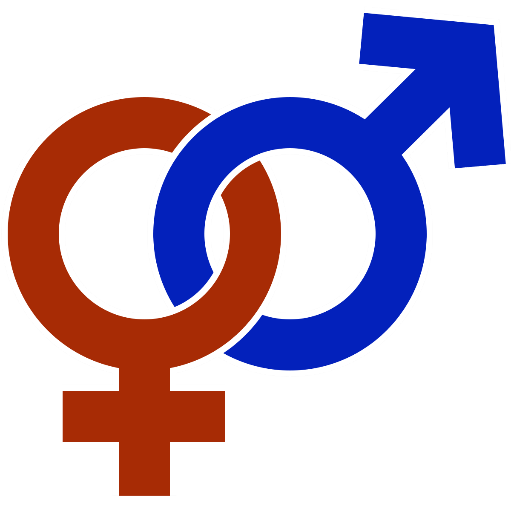
What are Chromosomes?A cell's nucleus contains thread-like chromosomes that house an organism's genetic code. They transmit characteristics from parents to their children and are composed of DNA and proteins. In humans, there are 46 chromosomes overall, with an average of 23 pairs per cell. These 23 pairs are divided into 22 teams known as autosomes and are the same in both men and females; the remaining pair is referred to as the sex chromosomes. Males have one X and Y gene, while females have two X chromosomes (XX). (XY). An individual's biological sex can be determined by the presence or lack of specific genes on the sex chromosomes. Changes or mutations in these genes can affect how they develop sexually. Under a microscope, chromosomes can be seen, and they are frequently examined in medical contexts to identify genetic diseases or verify biological sex. 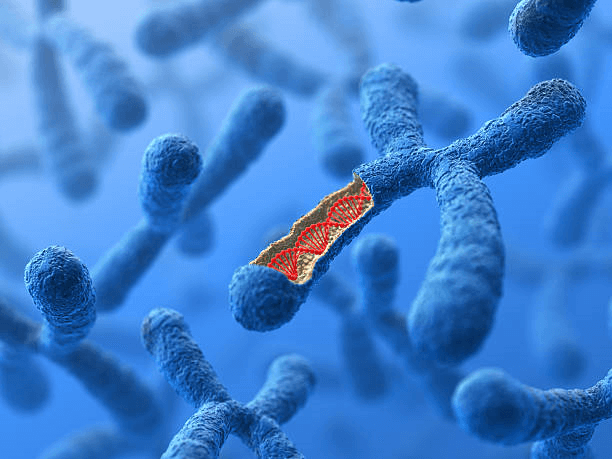
Hormones:Growth and development, metabolism, temperament, and reproduction are just a few of the physiological processes regulated by hormones, which are chemical messengers made by bodily glands. The bloodstream carries hormones throughout the body, where they attach to particular cell receptors to cause a reaction. Hormones are essential for the development of secondary sex traits and the control of reproductive function in the setting of biological sex. For instance, while estrogen and progesterone are hormones that are primarily responsible for the development of female secondary sex traits and the regulation of the menstrual cycle, testosterone is a hormone that is mainly responsible for the development of male secondary sex traits. In medical settings, hormones can also be used therapeutically to address issues like hormonal imbalances, infertility, and gender dysphoria. 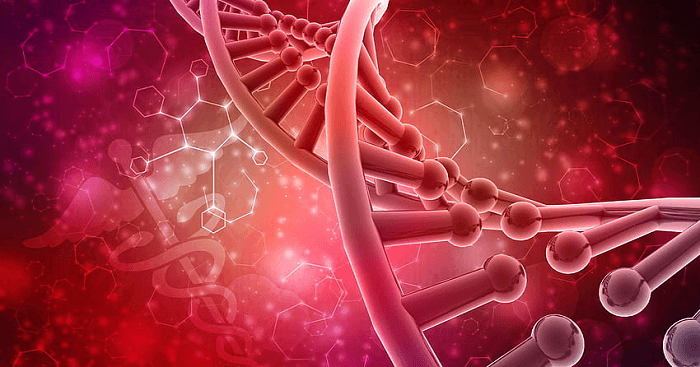
Gonads:Gametes and sex hormones are produced by the reproductive structures known as gonads. The gonads, also known as the testes in men, are the organs responsible for producing sperm and the hormone testosterone used in sex. The gonads in females are the ovaries, which create eggs, and the female sex chemicals progesterone and estrogen. The brain's hypothalamus and pituitary gland, which secrete hormones that either promote or inhibit the production of gonadal hormones, control the production of these hormones. The gonadal function is essential for reproduction but also affects secondary sex development and sexual behavior control. Infertility, hormonal imbalances, and other medical issues can result from gonad dysfunction or diseases. 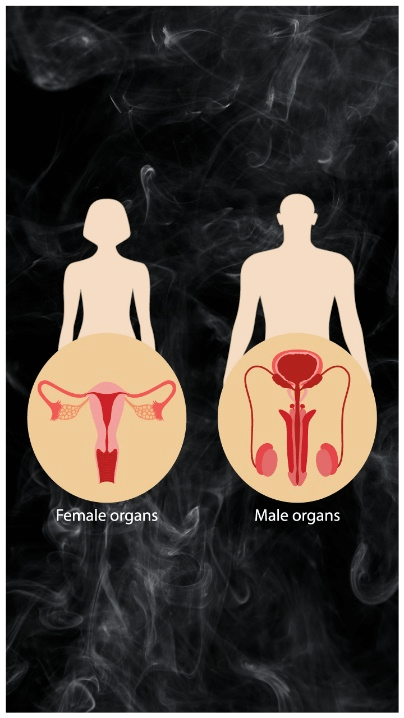
Secondary Sex Characteristics:Secondary sex characteristics are physical and physiological traits that separate men and females from one another during puberty. These characteristics include body hair, breast growth, shape changes, and voice deepening. In girls, the onset of puberty usually results in the evolution of pubic and underarm hair, the development of breasts, and the widening of the hips. The growth of facial and body hair, a deeper voice, and increased muscle mass are all signs of puberty in boys. Hormones are mainly responsible for these changes because they stimulate the growth and development of various body tissues, promoting the development of secondary sex characteristics. Although secondary sex traits are not required for reproduction, they are crucial for determining gender identity and sexual attraction. 
Intersex Conditions:Medical conditions known as intersex conditions, also called disorders of sex development (DSDs), occur when a person's biological sex is not male or female. Different sex chromosomes, gonads, or genitalia can be a symptom of intersex disorders, among other manifestations. Androgen insensitivity syndrome, fetal adrenal hyperplasia, and Klinefelter syndrome are some intersex disorders. Intersex disorders may be identified at birth or later in life and can seriously affect a person's physical and mental health. Depending on the particular condition, treatment for intersex issues may include hormonal therapy, surgery, or other medical interventions to help address the condition's physical and psychological components. It's essential to understand that gender identity, which is a different part of a person's identity and may or may not correspond with their biological sex, differs from intersex conditions. 
Gender Identity:An individual's internal perception of their gender, which may be male, female, a mix of both genders, or neither, is referred to as gender identity. It is a strongly held and self-identified conception of one's gender, which may or may not coincide with the sex given to them at birth. Biological sex, often determined by physical and physiological traits, including chromosomes, hormones, and reproductive organs, is distinct from gender identity. 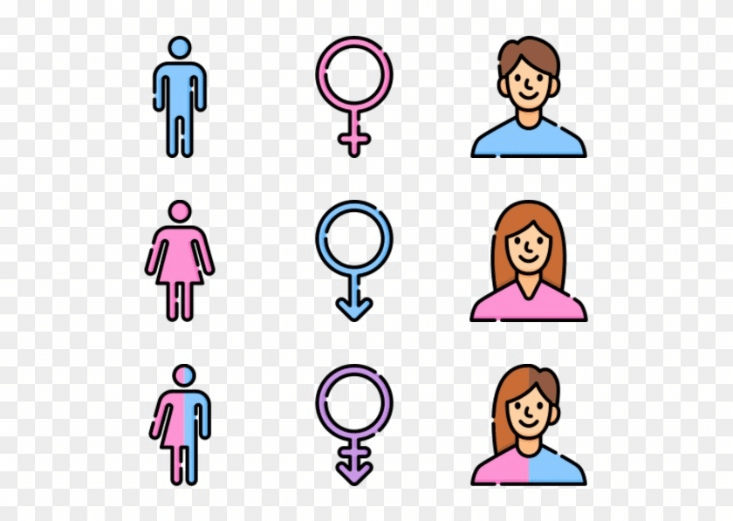
The complex and diverse component of identity, that is, gender, can be influenced by a wide range of variables, such as biological, psychological, social, and cultural ones. It is acknowledged as a basic component of one's self-concept and significantly affects one's sense of self, interpersonal connections, and overall well-being. Others may identify with a gender other than the one assigned at birth, while some may identify with the gender they were given (cisgender). (transgender). Gender identity is a valid and unique component of an individual's identity and should be respected and supported. Negative effects on a person's mental health, social interactions, and general well-being can result from misgendering or denying their gender identity. It's critical to provide a welcoming and accepting environment that values and respects various gender identities and expressions and encourages acceptance and equality for all people, regardless of gender identification. Sex Reassignment Surgery:Some people may choose to have sex reassignment surgery, sometimes referred to as gender-affirming surgery or gender-confirmation surgery, as part of their gender transition process. It is a medical procedure designed to assist people who identify as transgender or suffer gender incongruence in bringing their physical selves into line with their gender identification. Depending on the patient's demands and objectives, sex reassignment surgery may involve various techniques. Sex reassignment surgery for transgender women born male but identified as female may apply treatments including vaginoplasty, breast augmentation, and facial feminization. Sex reassignment surgery may involve treatments including mastectomy, phalloplasty, and hysterectomy for transgender men (given female at birth but identified as male). 
Specialized medical professionals, including surgeons, endocrinologists, and mental health specialists, often perform sex reassignment surgery. The choice to have sex reassignment surgery is very personal, and it may be preceded by a careful assessment of the person's physical and mental health, readiness, and informed permission. It is crucial to remember that not all transgender people seek or pursue sex reassignment surgery. Gender-affirming treatment may include additional components, including hormone therapy, counseling, and assistance with the social transition. For people who seek it, full gender-affirming care is thought to include sex reassignment surgery since it can significantly improve a person's mental health, quality of life, and general well-being. The intricate and multifaceted procedure requires careful thought, informed permission, and access to the right medical support and treatment. The autonomy and choices of transgender people in their process of gender affirmation, including their options about sex reassignment surgery, must be respected. Transgender:The term "transgender" refers to people whose gender identity does not match the sex they were assigned at birth. It is an all-encompassing phrase that includes a wide variety of people whose gender identity may differ from the social norms connected to their assigned sex. Individuals who identify as transgender may be male, female, neither, both, or a completely different gender. They may not always identify with the physical and physiological traits of the sex given to them at birth. Still, gender identity refers to a deeply held and self-identified view of one's gender. It's crucial to understand that sexual orientation, which describes a person's romantic, emotional, or sexual attraction to others, differs from gender identity. People who identify as trans may face various difficulties, such as stigma, discrimination, and obstacles in the social, legal, and healthcare systems. Many transgender people experience societal prejudice, discrimination, and violence, adversely affecting their quality of life, mental health, and well-being. Gender-affirming treatment is crucial in assisting transgender people in their quest to match their physical appearance with their gender identity. This care may involve hormone therapy, mental health counseling, and gender-affirming procedures. To protect the rights and well-being of transgender people, social acceptance, support, and respect for a person's self-identified gender are also essential. It's crucial to treat conversations with and interactions with transgender people with respect, empathy, and understanding and to speak in a way that honors their gender identity and expression. Respecting a person's gender identity and giving them access to the right medical treatment and assistance can significantly improve their health and well-being and lessen any prejudice and inequities they may experience. Non-Binary Gender:Non-binary gender refers to people whose gender identities do not correspond to the conventional binary concepts of male and female. People who identify as non-binary may choose to identify as any gender, neither gender, a completely new gender, or as fluid and ever-changing along the gender spectrum. In addition to using the phrases genderqueer, genderfluid, or agender, non-binary people may also refer to themselves in other ways. Non-binary people could feel that they don't fully identify with the social norms that go along with the typical male or female gender roles. Instead of adopting a more flexible or expansive sense of gender identity that goes beyond the male-female dichotomy, they may reject or challenge the binary concept of gender. Like any other gender identity, non-binary people's gender identity should be respected and acknowledged. A profoundly held and self-identified concept of one's gender is known as gender identity, and each person's experience of their gender identity is distinct and valid. The right to express one's gender identity and live honestly should be granted to non-binary people with the same respect, decency, and rights as others. 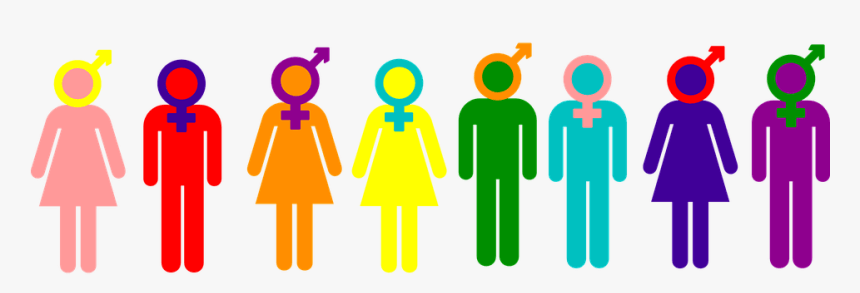
It's crucial to encourage tolerance, acceptance, and understanding of gender variety in all spheres of society, including healthcare, education, the workplace, and social situations, as non-binary people may experience prejudice, misperception, and social hurdles. Respecting a person's self-identified gender and utilizing affirming language and behaviors can help foster a more inclusive and accepting environment for non-binary people, thereby advancing their rights and well-being. Conclusion:In conclusion, gender identity is more than just the classic binary distinction between males and females. It is a complex and varied component of the human experience. Non-binary gender is a significant and legitimate identity that questions social gender standards. It includes people whose gender identity does not correspond to the binary distinction between males and females; it may also include people who identify as both, neither, or as a completely new gender. As with any other gender identity, non-binary people's gender identity must be respected and supported. The ability of non-binary people to live genuinely and flourish can be improved by respecting their self-identified gender, utilizing inclusive language, and fostering acceptance and understanding. Society must recognize and combat any prejudice, stigma, and healthcare, social, and legal challenges that non-binary people may experience. A more fair and tolerant society where everyone may freely express their gender identity and live with dignity and respect can be created by promoting inclusivity, respect, and awareness of gender variety in all facets of life. In conclusion, it is crucial to acknowledge and affirm the existence and experiences of non-binary people to advance social justice, human rights, and well-being, regardless of gender identity. It is essential to keep promoting awareness, fighting for inclusivity, and promoting the rights and welfare of non-binary people and other people of color in our communities.
Next TopicSexual Reproduction Definition
|
 For Videos Join Our Youtube Channel: Join Now
For Videos Join Our Youtube Channel: Join Now
Feedback
- Send your Feedback to [email protected]
Help Others, Please Share










